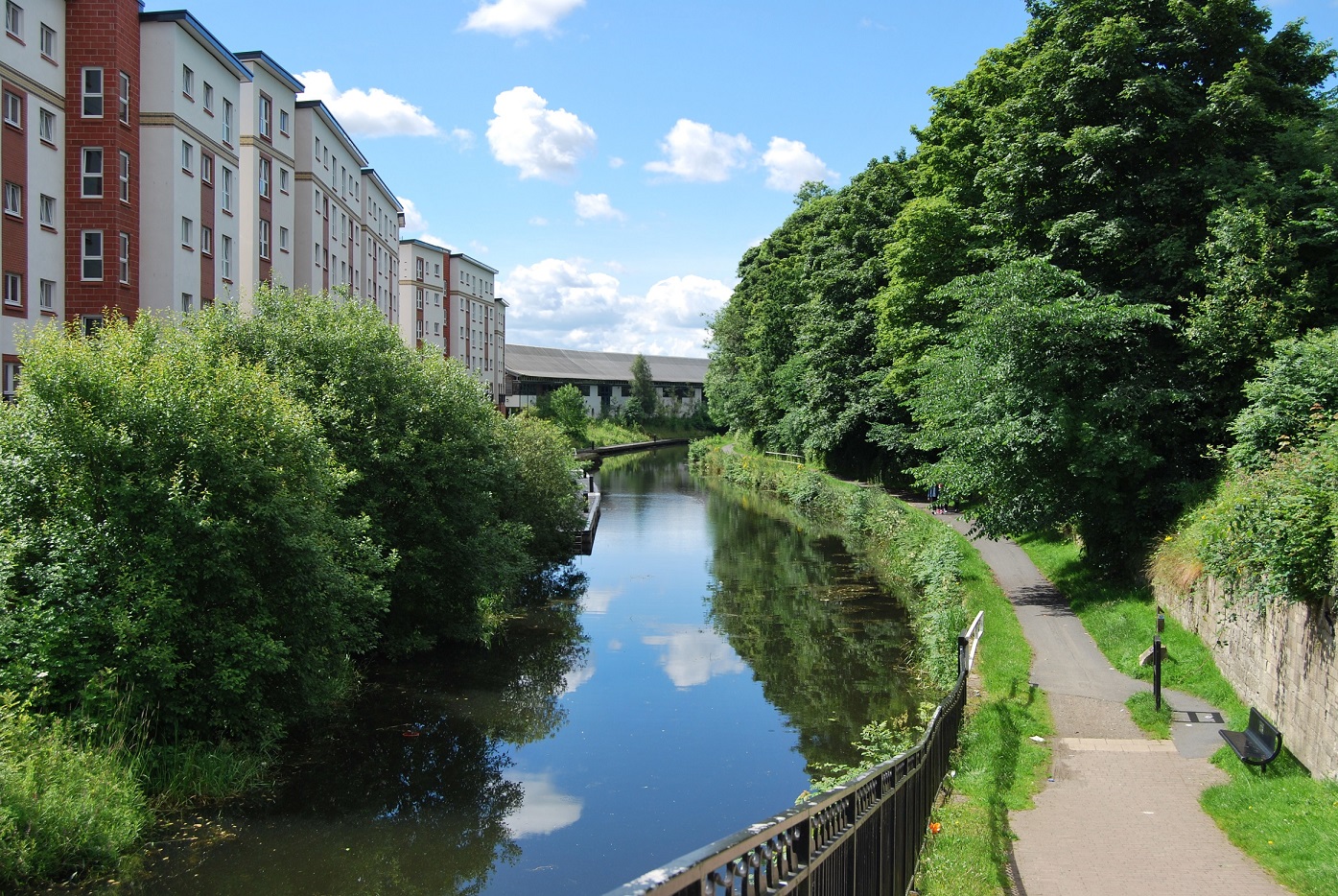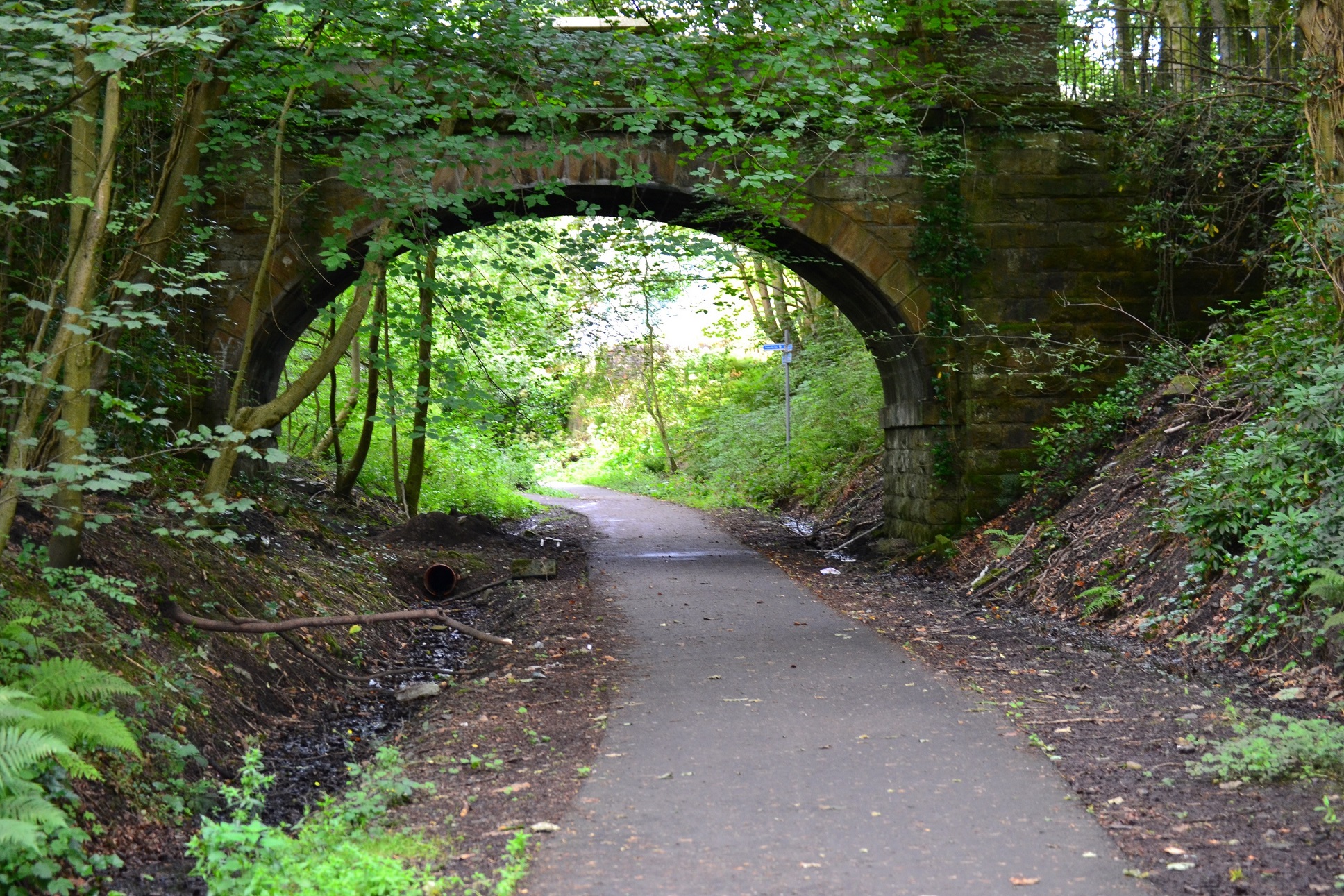How can we all play a part in helping to zero in on harmful carbon emissions and combat climate change?
The Council is preparing to launch the Climate Conversation to create a productive atmosphere for wide-ranging discussion, ideas and engagement - potentially shaping policies that will affect local lives for generations to come.
The consultation will support the production of the Council's first Climate Action Plan, which will include actions to reduce emissions and adapt to the effects of climate change.
The Climate Conversation is being held between 8 March and 2 May 2021 - with a variety of ways to get involved, including:
- Via our consultation web page (from 8 March)
- Our social media channels - Facebook and Twitter
- Online public discussion sessions (sign-up will be via the webpage)
- Online surveys for young people and wider public
- Youth engagement.
The Climate Action Plan will guide actions in East Dunbartonshire to support the Scottish Government's ambitious targets to secure a 75% reduction in carbon emissions (compared to 1990) by 2030 and to achieve 'net-zero' emissions by 2045.
The plan will set a 'net-zero' target for East Dunbartonshire as a whole, along with interim targets towards the achievement of that goal.
The Climate Conversation aims to assess public opinion on climate change locally, and is an opportunity for residents and businesses to discuss views and priorities on the action we should take to reduce harmful greenhouse gas emissions and improve our resilience to the accelerating impacts of climate change - such as the damage caused by more frequent flooding and storms.
It will also help to support a green recovery from the economic and social impacts of the pandemic.
Councillor Vaughan Moody, Joint Leader of the Council, said, "I hope as many people as possible can take part in the Climate Conversation, and help to inform our plans to tackle climate change and improve air quality. We have a series of challenging targets ahead to reduce carbon emissions, so it's vital we work together with members of the public, businesses and a range of partners to reach our shared goals."
Councillor Andrew Polson, Joint Leader of the Council, added, "Great strides have been taken by the Council to reduce our own carbon emissions, but we are not resting on any laurels. An important challenge for the Climate Action Plan is to expand the work we are doing and to help support community efforts. We want to hear from you so please get involved."
The Climate Action Plan will build on the considerable progress the Council has already made in reducing its carbon footprint. The authority's carbon emissions have already fallen 44% between 2012-13 and 2019-20, and work is underway to deliver a range of actions contained within its Sustainability & Climate Change Framework.
- Efforts to reduce carbon emissions at an area-wide level are already being pursued through a range of Council strategies, including the Local Housing Strategy, Local Transport Strategy, Local Development Plan 2 and Economic Recovery Plan.
- Other work includes the preparation of a Flood Risk Management Plan, which is vital in responding to the increasing and intensifying rainfall experienced as a result of climate change - helping to increase resilience as weather patterns change.
- On-the-ground projects include the trialling of air source heat pumps within the school estate and the Glazert River Restoration Project - protecting communities from flooding while delivering environmental, health and recreational benefits.
- Feasibility work is also being carried out to establish the scope for a further river restoration project involving a number of tributaries of the River Kelvin in East Dunbartonshire.
- In addition, a Local Heat and Energy Efficiency Pilot Project aims to identify opportunities to improve the energy efficiency of buildings and decarbonise heat, and the Council recently approved Air Quality Planning Guidance.
- Council officers also made an important contribution to the development of the Glasgow City Region Adaptation Strategy, the draft version of which was published for consultation in November 2020.
- Gerry Cornes, Chief Executive of East Dunbartonshire Council, is Lead Officer for Glasgow City Region's Land Use and Sustainability Portfolio.
- As well as the Climate Action Plan, work will also commence on other complementary new strategies: the Open Space Strategy, Circular Economy Strategy and Active Travel Strategy. Consultations on each will be undertaken later this year, with comments received as part of the Climate Conversation informing all four.
Follow us on Twitter @EDCouncil or like us on Facebook